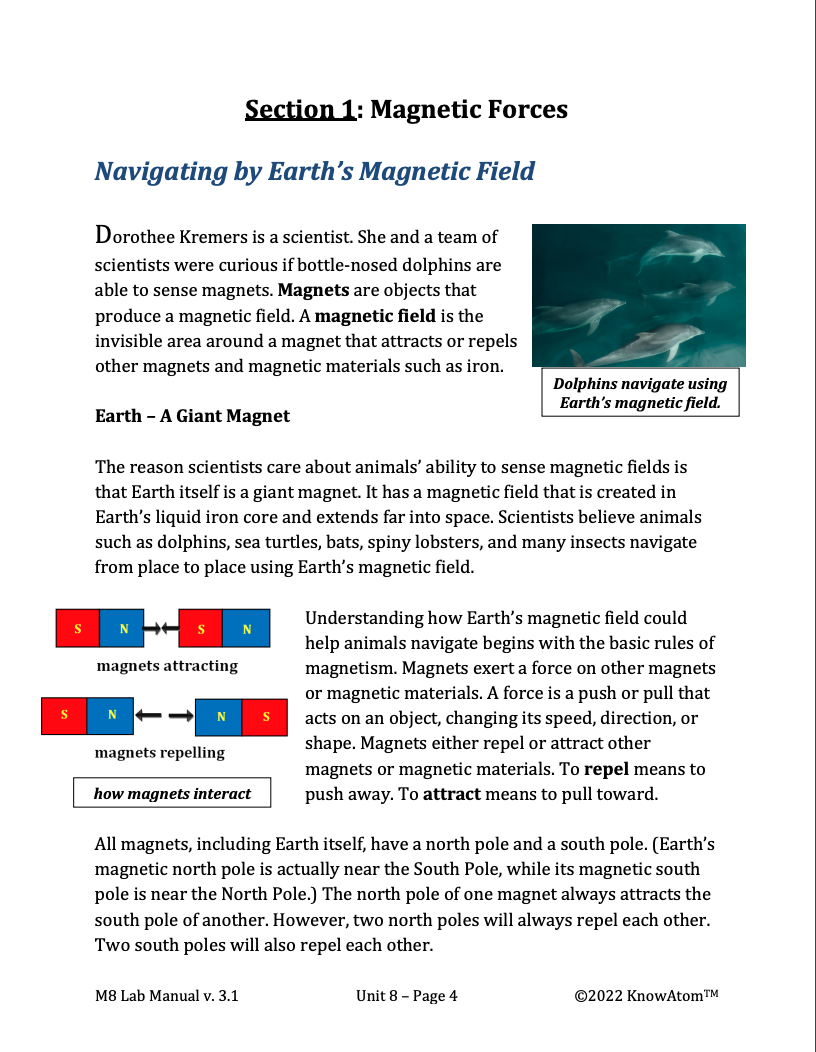.png)
In this unit, students are introduced to science and engineering by exploring several phenomena that relate to cooking. Students begin with an investigation into the structure of matter and how energy determines state of matter. This page is a high level look at key components of this lesson.
.png)
In this unit, students explore several phenomena that relate to cooking. In this lesson, students evaluate chemical reactions, and use that knowledge to engineer a prototype that transfers energy by chemical processes. This page showcases key components of this lesson.

In this unit, students focus on the science phenomena of the relationship between gravity and motion, tracing how gravitational potential energy transforms to kinetic energy in different energy systems. In this lesson, they investigate the relationship between the drop height of a bouncy ball and its rebound height. This page is a high-level extract of this lesson.
.png)
In this unit, students explore phenomena of natural processes that cause Earth’s surface to change over time, analyzing how energy causes Earth’s matter to transform and cycle from one form to another. In this lesson, students investigate how Earth materials are continually being reshaped and reformed by multiple processes that are powered by energy from Earth’s hot interior and the sun. This page is a high-level extract of this lesson.
.png)
In this unit, students analyze the science phenomena of connections between energy, forces, and motion. In this lesson, students use data to construct an explanation about phenomena that occur because of the relationships between an object’s kinetic energy, its mass, and its speed. This page provides an overview of this lesson.

In this unit, students are introduced to the phenomena of magnetic and electric fields as they explore how objects can interact with other objects without coming into contact with them. For this lesson, students apply scientific concepts to engineer wind turbines that use a generator to produce electricity. This page provides an overview of this lesson.
Standards citation: NGSS Lead States. 2013. Next Generation Science Standards: For States, By States. Washington, DC: The National Academies Press. Neither WestEd nor the lead states and partners that developed the Next Generation Science Standards were involved in the production of this product, and do not endorse it.
